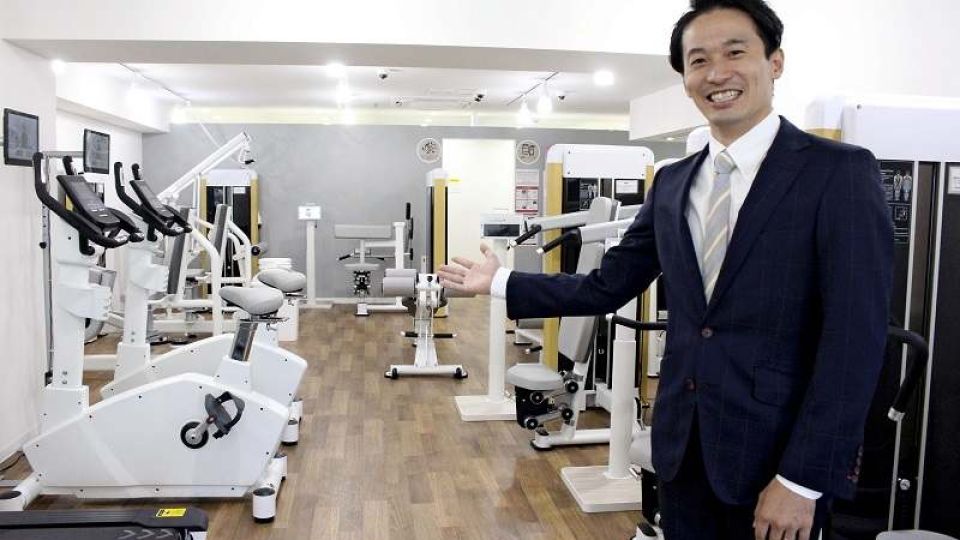October 26, 2022
TOKYO – Fitness clubs in Tokyo are diversifying how they operate during the coronavirus pandemic, leading to steady expansion in the market.
Sports gyms that stay open around the clock, or offer personal training sessions to avoid crowded conditions, appear to be especially popular at a time when many people are eager to remedy their lack of exercise amid the teleworking trend.
‘Convenience gym’
“We want to provide services that allow everyone to stay active, despite the sense of [social] stagnation caused by the pandemic,” Takeshi Seto, president of Rizap Group. Inc., said in September at an opening ceremony for one of its “chocozap” 24-hour gyms, which Rizap plans to expand nationwide.
Rizap has been known for its high-end facilities, but chocozap are so-called convenience gyms that operate without staff. They provide beginners with an exercise menu from which they can see results with just 5 minutes of exercise a day.
The company emphasizes the convenience and affordability of chocozap, which charges a monthly fee of just ¥3,278.
Customers can use a dedicated app to check how crowded a certain location is, while the operator confirms whether users are wearing masks via security cameras.
In the past year, Rizap has opened 134 gyms that are open around the clock, including chocozap, with 67 of them located in Tokyo. Rizap has about 64,000 members nationwide and plans to open more locations, mainly in Tokyo.
“Our membership growth demonstrates the demand for exercise during the pandemic,” said Kazuki Murahashi, executive officer in charge of the company’s operations. “We will continue to support people who are suffering from a lack of exercise.”

The Yomiuri Shimbun
Rizap Group President Takeshi Seto, left, and actor Ken Matsudaira promote chocozap fitness clubs in Shinjuku Ward, Tokyo, in September.
Fast recovery
According to the Economy, Trade and Industry Ministry’s Survey on Selected Service Industries, the number of fitness club users nationwide plummeted by 95% from about 18.35 million in May 2019 to about 890,000 in May 2020, when the coronavirus began to spread.
Since then, however, the number has been recovering, returning to about 15.55 million as of July.
Anytime Fitness, a 24-hour gym chain, has been growing nationwide even after the pandemic began. It now has 210 locations in Tokyo, including 40 that opened during the pandemic.
“Gyms are the foundation of community health,” said a spokesperson for the chain’s operator, Fast Fitness Japan Inc., which is based in Tokyo’s Shinjuku Ward. “By opening more locations, we want to operate gyms that are more open to local communities.”
Aspirest, a Yokohama-based fitness club chain that features personal training, has doubled its locations in Tokyo from seven in 2020 to 16 as of the end of September.
Membership declined by about 10% in 2020 but has rebounded since 2021. Aspirest said customers have praised the fact that its gyms can mitigate close-contact settings, thereby lowering the risk of infection. It aims to open 50 locations in Tokyo by 2025.
“We support people who want to use the pandemic as an opportunity to make working out a habit,” an Aspirest spokesperson said.

